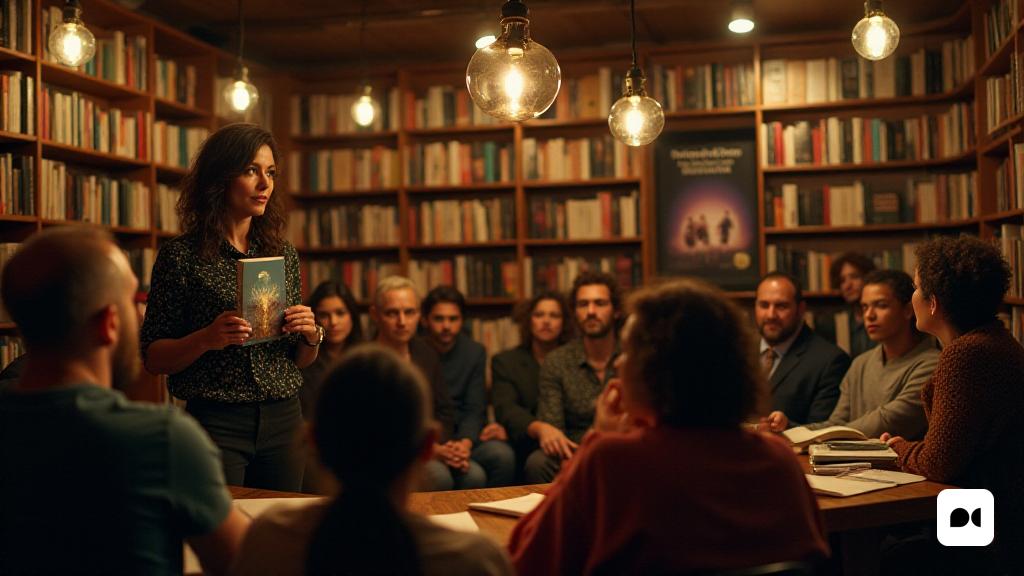An unusual proposal: to be the woman of God
In his recent work, ‘The Woman of God’, Amanda Mikhalopulu invites us to reflect on the possibility of a female figure next to the divinity. Through the voice of the protagonist, the author proposes deep questions about the creation, love, loneliness and nature of human relationships.
Deep connections with the protagonist
The book resonated with many readers, who have found an emotional connection with the protagonist. His vulnerability and strength combine to create a character who, despite his lack of name, speaks to us with an intensity that leaves a mark. This duality between strength and fragility is one of the most captivating elements of his narrative.
Creation through the crisis
The inspiration for the novel emerged during the tumultuous years of crisis in Greece, a moment that Mikhalopulu caused a reflection on the feminine condition and the power of the narrative. Her profession as a creative writing teacher influenced the way she developed history, with a tone reminiscent of fairy tales, but with a deeply adult and contemporary message.
The game of literature and philosophy
Mikhalopulu addresses the relationship between literature and philosophy with a critical look. Its protagonist, despite having access to a rich philosophical library, is trapped in a world that values the seriousness of philosophy over literary creativity. This distinction between the two disciplines reflects a broader concern about how female voices are perceived in a traditionally male -dominated field.
The weight of expectations: a reflection on creation
The protagonist expresses a sense of guilt related to the act of creating, seeing it as a sin in a world that often demands justification for each thought. Mikhalopulu, through this perspective, challenges us to reconsider the social pressure that makes each creative act a clear purpose.
A letter of love and communication
As the protagonist writes a letter, his need to be read becomes an act of essential communication. His narrative is not only a reflection of his life, but also an attempt to connect with a reader who can understand his experience, a reminder of the importance of being seen and heard.
The relationship between memory and repetition
The novel also touches the idea of how memory and repetition influence our lives and relationships. The protagonist acknowledges that past experiences make up the present and that repetition can offer a sense of security, a notion that deeply resonates with human experience.
A Trip of Personal Discovery
Through his narrative, Mikhalopulu invites us to a journey of self -knowledge and reflection on the role of women in literature and society. Its style, which combines elements of truth and fiction, reminds us of the importance of diverse voices in the literary world.
A future of literary possibilities
With ‘The Woman of God’, Amanda Mikhalopulu not only explores the complexities of the female condition, but also challenges us to imagine a world where female voices are just as valued as masculine. As the Mot festival is approaching, this work promises to be a starting point for enriching conversations on literature, philosophy and creation.

